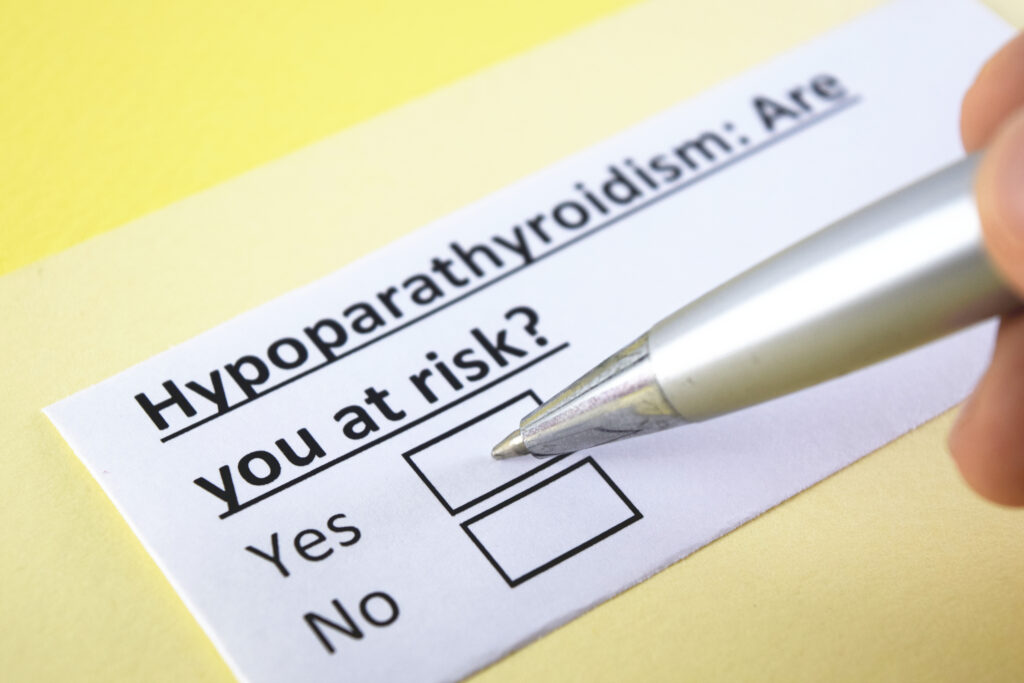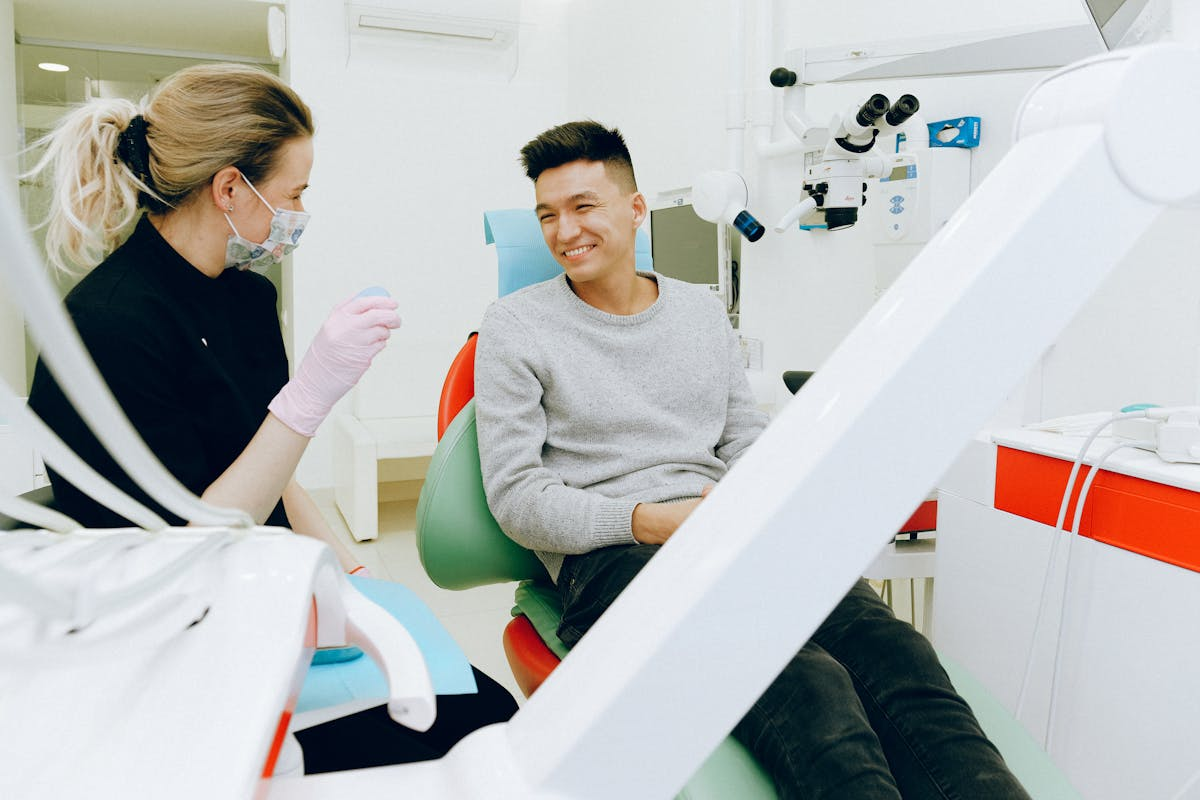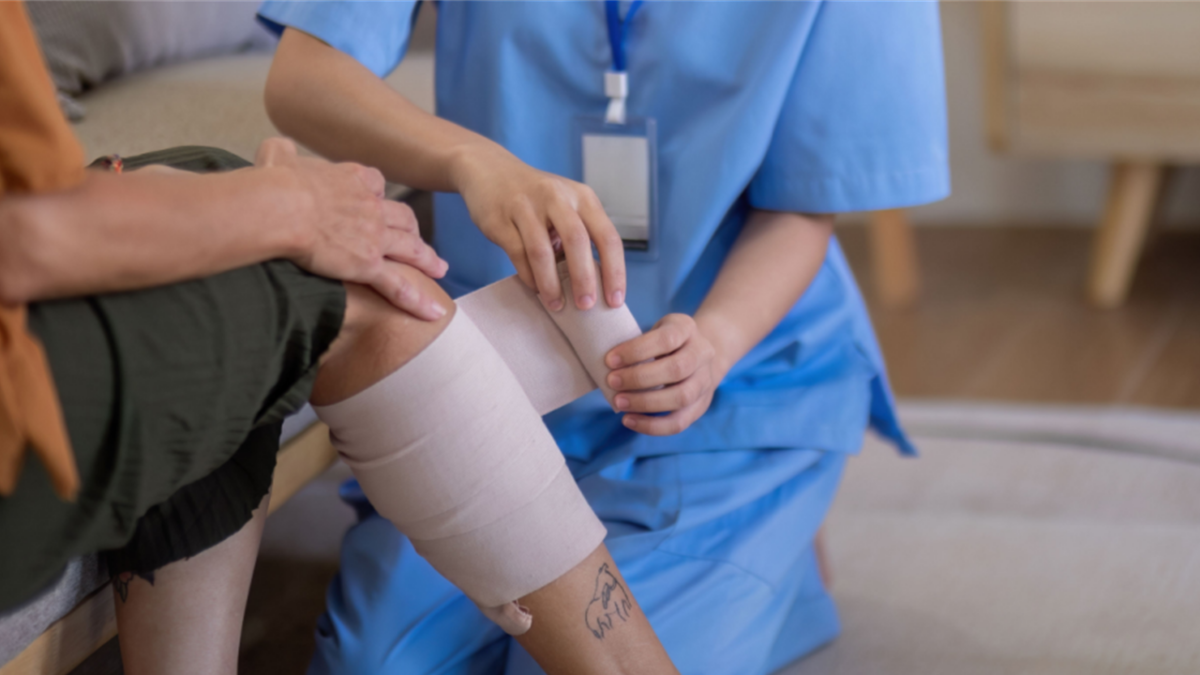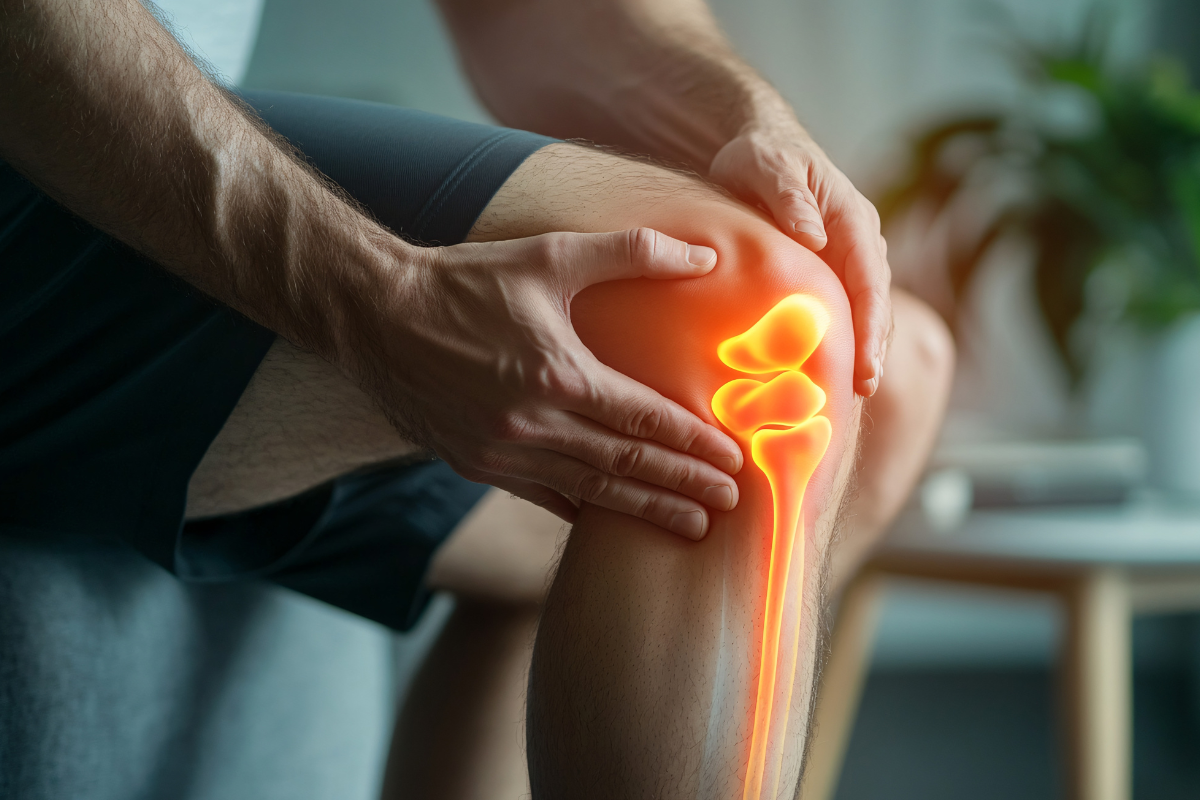Yorvipath (palopegteriparatide; TransCon PTH) has been approved to treat hypoparathyroidism, a rare endocrine disorder affecting 70,000 to 90,000 people in the US. Yorvipath, developed using Ascendis Pharma’s TransCon technology, is the first and only approved treatment for hypoparathyroidism, marking this approval as a major milestone.
Hypoparathyroidism arises when the parathyroid glands fail to produce enough parathyroid hormone (PTH) or when the PTH produced is ineffective. Without PTH, patients can experience a range of complications, including low calcium in the blood (hypocalcemia) and high phosphorus in the blood (hyperphosphatemia), leading to symptoms like muscle cramps, seizures and kidney problems.
XTALKS WEBINAR: Global R&D Insights in Drug Development: Insights from Industry on the Future of Pharma
Live and On-Demand: Friday, September 27, 2024, at 11am EDT (4pm BST/UK)
Register for this webinar today to learn what industry leaders are facing today and how their outlook on pharmaceutical research and development will influence the industry moving forward.
Hypoparathyroidism is most commonly caused due to accidental injury to or the removal of the parathyroid glands. In some cases, the cause could be autoimmune or genetic.
Lynn Kohlmeier, MD, endocrinologist at Spokane Osteoporosis & Endocrinology, chair of the Medical Advisory Board of the HypoPARAthyroidism Association and an investigator in the PaTHway Trial said in the press release, “The consequences of hypoparathyroidism on the health and quality of life of our patients can be extraordinarily debilitating.”
Hypoparathyroidism patients tend to suffer from fatigue, poor focus and memory. A survey conducted by Ascendis Pharma among 146 patients revealed that 78 percent face challenges in managing daily symptoms and about 42 percent end up in the ER, usually for low calcium.
Yorvipath stands out because it targets the underlying cause of hypoparathyroidism rather than just managing its symptoms. As a prodrug of PTH, it’s designed to release PTH continuously over a 24-hour period with a single daily injection. The recommended dosage is individualized based on serum calcium levels, with a maximum dose of 30 mcg administered subcutaneously once daily.
The US Food and Drug Administration’s (FDA) approval was based on data from the global Phase II PaTH Forward and Phase III PaTHway trials, which demonstrated palopegteriparatide’s (called TransCon PTH in clinical trials) effectiveness in improving calcium balance and reducing reliance on other treatments. Seventy-nine percent of patients (vs. five percent in placebo) were able to maintain normal calcium levels at the end of the 26-week Phase III PaTHway study.
Ascendis Pharma’s shares climbed to 11 percent in pre-market trading post news of Yorvipath’s approval. The company plans to introduce the drug in the US by early 2025. They are also launching the Ascendis Signature Access Program (ASAP) to ensure that patients have the resources they need to access this new treatment.
“We look forward to having this new treatment option to help us move beyond the limits and risks of conventional therapy,” said Patty Keating, executive director of the HypoPARAthyroidism Association on the difference Yorvipath is poised to make to hypoparathyroidism care, in the same press release.












Join or login to leave a comment
JOIN LOGIN